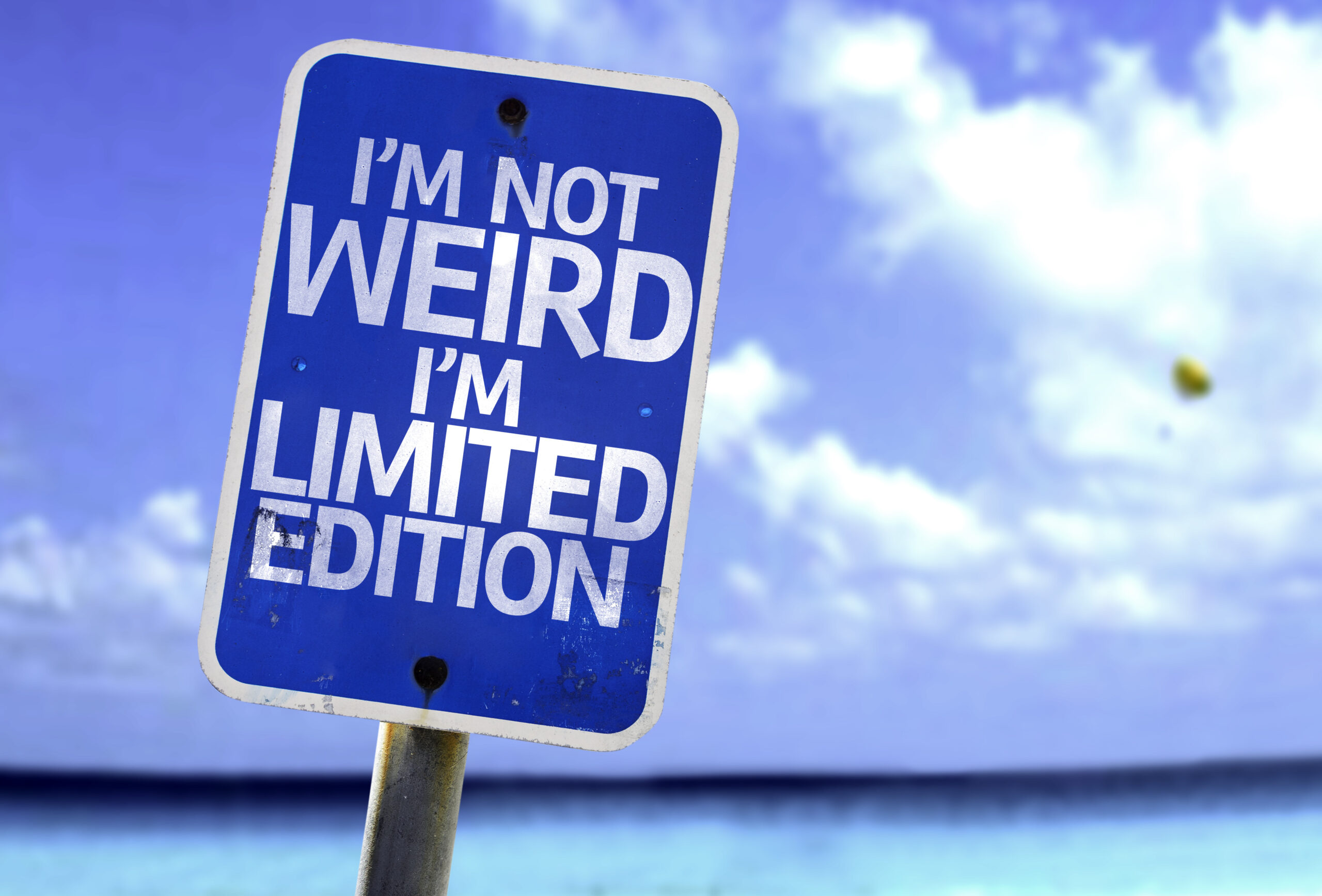It happens to me all too often. Someone says something or comments on what I’m doing and I get that hot feeling and a rush of adrenaline caused by a fight or flight response to a perceived threat. It’s ridiculous. It’s irrational. It’s human. These instincts were useful in more dangerous times when there really were threats to our person around every corner but these days our lizard brains probably do far more damage than good through the negative reactions and misunderstandings they cause. All that being said, we are human. We cannot eradicate our instincts but we can learn to control or at least mitigate the damage caused by them. I’m certainly not good at it but I’m much less bad than I used to be. I’ve learned to recognize what is going on when I get defensive and can usually take a pause before reacting. Usually.
The thing that has helped me most when it comes to overcoming defensiveness is having trusted friends and peers who are willing to speak up and tell me when I’m out of line or just plain wrong. It’s painful at first but I’ve gotten used to it over time and couldn’t live without their council now. I started with only one person who could tolerate my antics and was willing to call me out but now I’m proud to say that I have 9 people I trust totally looking over my shoulder trying to make sure I don’t do stupid stuff. Of course they don’t always succeed and of course I don’t always listen to them but I cannot tell you how comforting it is to know that I can turn to this group of trusted advisors when I’m upset or in doubt.
It’s not as easy as it sounds. It takes time to find and build trust with potential peer-counselors who are willing to take a risk and speak up when they disagree with your words or actions. Also, you can’t expect people to tell you what they think with any kind of frequency or honesty if you don’t react well to what they say so you must temper your reaction to their advice no matter what. I’m not suggesting you have to agree with your advisors, but you have to be willing to hear what they have to say and understand that they are looking out for your best interests even though their words may be upsetting or even offensive at first.
Unfortunately the vast majority of orthodontists are literally peerless in that they truly believe no one is their equal. This is a terrible place to be for a myriad of reasons and it’s also totally illogical. This ultimate expression of the “top 1% syndrome” that we all pick up in residency is pathognomonic for what’s wrong with our profession and the main reason we will never change fast enough to retain any kind of authority in dentistry when it comes to braces or clear aligners. Age and isolation tend to fan the flames of “peerlessness” but it’s not limited to those who have been in practice for decades. I had a serious bout with peerlessness myself in the first few years after graduating from residency. Luckily I received a couple strong doses of failure and had some very good friends who brought me back from the brink. I can’t imagine what life would be like or what I would be like if I’d remained trapped in the delusion of peerlessness.
What do you think of all this? Do you ever get defensive? Do you recognize the symptoms of peerlessness in our profession or in yourself? No? Interesting. But if you don’t, I guess there are two ways to read that:
1) You’re good to go and don’t need insight or advice from anyone and you have your emotions and instincts under total control.
2) You have acute or chronic peerlessness.
I don’t know you well enough to tell you which applies to you but someone does and they can help you if you’ll only let them.


Nice article! I think a lot of it depends on being open-minded as well. Since many who are resistant to change tend to be defensive!